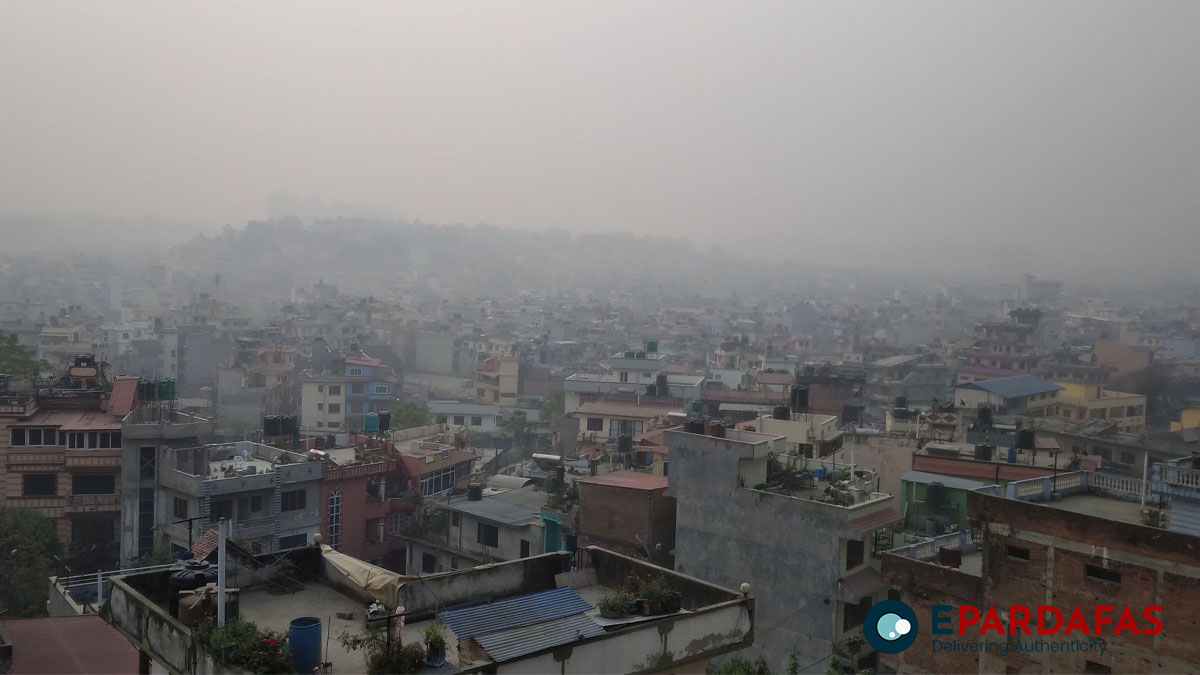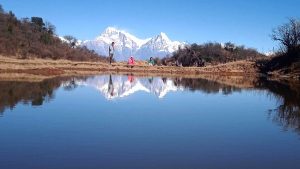
Urgent Call to Curb Air Pollution to Protect Tourism Industry

As Nepal increasingly promotes tourism as a cornerstone of its economy, growing concerns are being raised about the country’s deteriorating air quality—particularly in the Kathmandu Valley. Recent days saw the Valley blanketed in toxic smog, raising alarms across health, environmental, and economic sectors. Although recent rainfall temporarily cleared the polluted air, experts warn that the root causes remain unresolved.
Environmental degradation is now being analyzed not only from a public health standpoint but also in terms of its economic impact, especially on tourism. With tourism considered a vital source of foreign currency and employment, stakeholders are voicing strong concerns about how pollution and erratic weather patterns are undermining the sector.
Speaking at a discussion organized by the Nepal Forum of Environmental Journalists (NEFEJ) on the impact of pollution on tourism, Nepal Tourism Board CEO Deepak Raj Joshi said that the worsening air quality is tarnishing Nepal’s global image as a beautiful, nature-rich destination. He emphasized that while tourism supports a green economy, it is paradoxically one of the sectors hardest hit by environmental neglect. Joshi called for stronger government policies to address pollution and urged the private sector to play a proactive role in sustainable tourism development.
Echoing these sentiments, Thakur Raj Padey, Senior Vice-Chair of the Nepal Mountaineering Association, highlighted how the climate crisis is affecting the country’s prized mountain landscapes. He pointed to increased snowmelt and pollution as serious threats to Nepal’s reputation as a premier travel destination, stressing the need for coordinated efforts to combat environmental damage.
Environmental campaigner Bhupendra Das added that air pollution has become a global issue, with Nepal being no exception. He identified forest fires, open burning of waste, vehicle emissions, construction activities, and industrial pollutants as major contributors to poor air quality, warning that continued exposure to such conditions could have long-term impacts on the country’s tourism prospects.
As the dialogue around environmental sustainability gains urgency, the consensus among experts is clear: protecting the environment is not just an ecological imperative but an economic one—especially for a nation that prides itself on its natural beauty and cultural heritage.












Comments